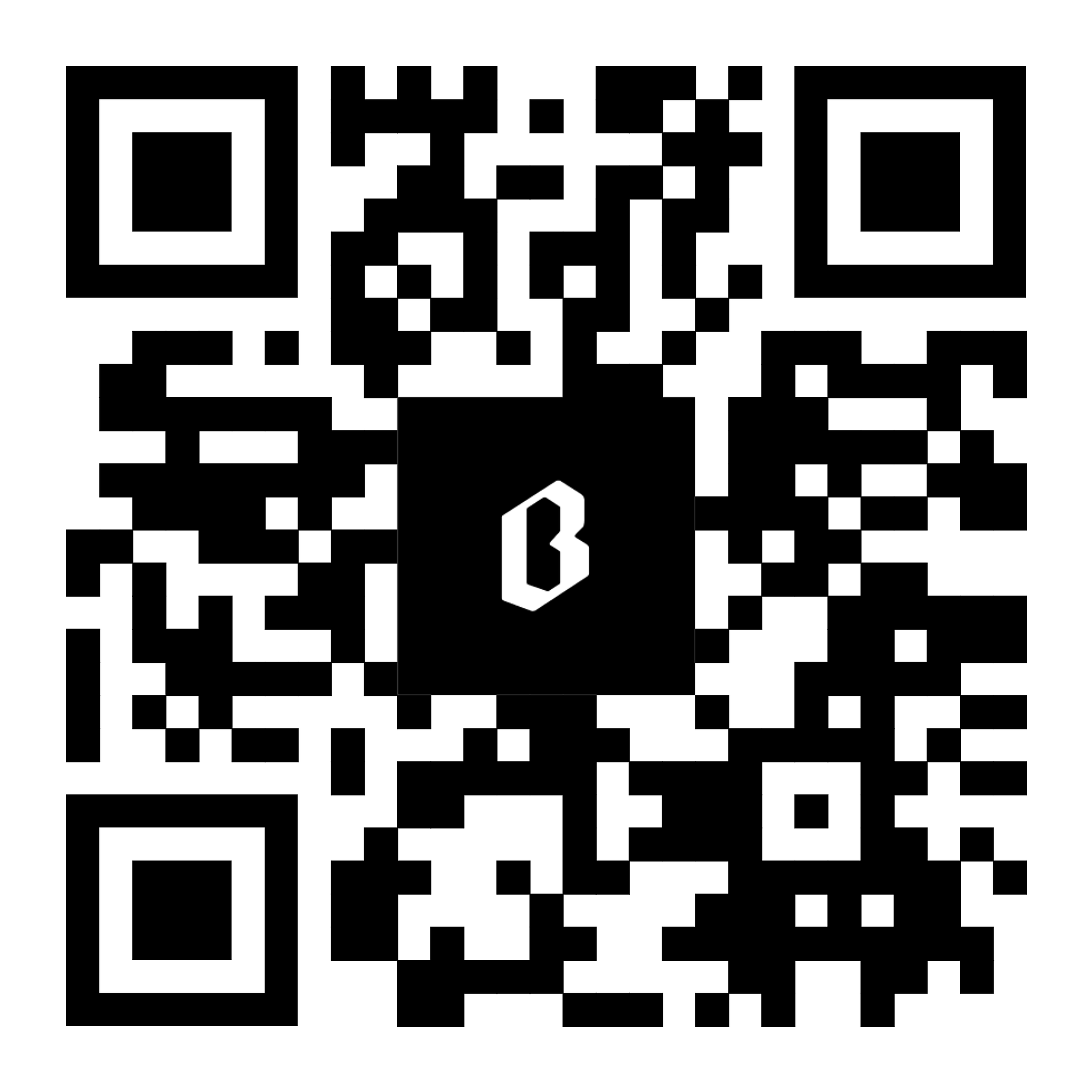Since graduating with a specialized math and physics degree from Case Western University in January, Nathan Fuss has applied for 120 jobs — or something like that.
“I’ve stopped counting,” he said.
Industry veterans in his network told him that employers would fight over his resume under normal conditions. Today’s job market, however, is anything but normal.
The Banner spoke with more than a dozen college graduates of the class of 2025 who either grew up or were educated in Maryland. They talked about the challenges of finding a job across a variety of industries, from data science and engineering to climate science and public health.
Young people, degrees in hand, face a job market destabilized by cuts to research funding, competition with unemployed federal workers and the rise of artificial intelligence.
Every grad said they know multiple people who are struggling to find stable employment after graduating. And it’s not their fault.
Funding cuts and federal layoffs
Fuss has applied to jobs in data science and environmental research. Most employers have ghosted him. Less than 10% have replied — all with rejections.

Fuss is told that the reason is twofold.
One culprit is research funding. Soon after applying, Fuss got emails telling him funding was no longer available, so neither was the job.
The other is mass layoffs in the federal workforce earlier this year. That’s put an influx of mid-career job seekers into the same market as younger people like Fuss.
Fuss is applying to jobs that likely deal with federally protected data and require security clearances.
“It’s an annoying catch-22 because I can’t get a job now without security clearance, and I can’t get clearance without a job,” Fuss said.

January is also when Carmelli Leal, a Philippines-born and Baltimore-raised 2025 Columbia University graduate, began to see her prospects change because of the Trump administration’s cuts to climate research.
In the spring, a stop-work order from the federal government halted Leal’s internship at a NASA-affiliated data center that develops products to help organizations reach their climate goals. The order came three days after Leal was offered a job there after graduation.
By the end of the spring, federal funding for the center was terminated and everyone at the center was let go, including Leal’s boss.
Leal received two more environmental research job offers, both of which were rescinded.
“It is layer upon layer upon layer of job market uncertainty when entering a new chapter of life,” Leal said. “It feels unprecedented.”
More than 60% of the recent graduating class are pessimistic about their job prospects, according to a survey conducted by Handshake, a virtual job search and match platform. It’s gotten so bad that on social media people are jokingly censoring words associated with employment, replacing the “o” in “job” or “employed” with an asterisk.
Allynn Powell, director of the University of Maryland’s University Career Center and The President’s Promise, said that this year has been difficult for graduates, but it’s not unprecedented.
The period that followed the Great Recession in 2008, when young alums were facing difficulty in getting hired, was similar, she said.
However, the factors shaping this economy are what make this moment unique for job hunters.
In a recent study of 2019 to 2025 payroll data, ADP Research found the Baltimore area had the third-strongest hiring rate among 55 cities for jobs that typically require a bachelor’s degree.
But that report “doesn’t tell us directly about the rate at which entry-level college-graduate-level job seekers themselves find jobs,“ wrote Ben Hanowell, director of People Analytics Research at ADP Research. .
Meanwhile, employment data released by the Bureau of Labor Statistics earlier this month is concerning: Revised estimates of job growth for May and June are lower than previously stated, and the new counts include an additional 200,000 job losses — on top of previously reported declines across a variety of industries.
In Maryland, Powell said layoffs and hiring freezes in the federal workforce have compounded competition for jobs in an already uncertain market.
But uncertainty, Powell believes, is something that this graduating class is uniquely positioned to handle.
“This is a class who knows what it means to have to pivot,” Powell said. “You have ended high school and joined college in a pandemic, which none of us had to live through before.”
Is AI the new entry-level worker?
Career service professionals at UMBC, Morgan State and UMD have heard from employers they partner with that artificial intelligence is affecting available jobs.
Entry level jobs in computer science, data science, finance and business are seeing more applicants than job openings at the same time that companies such as Salesforce, Microsoft and Google say they’re increasing their use of AI.
And some economists believe the slow hiring could be a result of the uncertainty that President Donald Trump’s tariff policies introduced into the market.
From AI to federal layoffs and rising tariffs, “for sure this economy is impacting people early in their career the most,” said Sebastian Galiani, a labor economist at the University of Maryland.
Overall, the unemployment rate for college graduates this year is higher than it’s been since the pandemic caused joblessness to spike, according to data compiled by the Federal Reserve Bank of New York.
With ambitions for a career in public health, Jalen Owen navigated discouragement throughout his senior-year spring at Johns Hopkins University.
Years of research experience and internships, including in Argentina studying housing security and substance abuse, seemed to amount to nothing in a changed public health landscape. Organizations he planned to apply to — the Centers for Disease Control and Prevention, the National Institutes of Health, the World Health Organization — were the subject of daily reports about cuts to entry-level jobs.
“Social media became suffocating,” Owen said. “Workers are losing their jobs at a whim. People who are established public health professionals are at square one right next to me struggling.”

For jobs at sought-after employers, the work has to start before graduation.
Silver Spring native and 2025 UMD graduate Amol Ajmera was able to secure a high-paying job in finance at a well-known bank. But he attributes his success to his internship hunt two years ago.
In Amazon’s finance rotation program last summer, Ajmera said that his supervisors told him only those who had previously interned at the company would be considered for a full-time job upon graduation. Graduates who hadn’t are out of luck.
Ajmera applied to more than 200 internships in his junior year. He only got about 20 responses, three of which ended in job offers.
“For business, that internship decides everything,” Ajmera said.
But in certain industries, young graduates remain skeptical about the viability of their dream professions in a new economic landscape.

Issabhah Omi Sesenaya attended Connecticut College with a dream of working in archaeology. But federal sites for archeological research are losing their protections, complicating her job hunt.
“I have reached a starting point in my career, and now that starting point feels like it is barely anything,” she said. Most entry-level jobs in her field require experience or a master’s degree. Now, Sesenaya’s considering going to law school.
As a daughter of immigrants to the U.S., “the dream is that you are fed these false narratives, one of which is that when you get your GED, that should automatically propel you to a salary,” Sesenaya said.
“But these days it’s a race to your B.A., master’s and even your Ph.D., and every time you reach a finish line it is pushed back further. The race continues.”



Comments
Welcome to The Banner's subscriber-only commenting community. Please review our community guidelines.